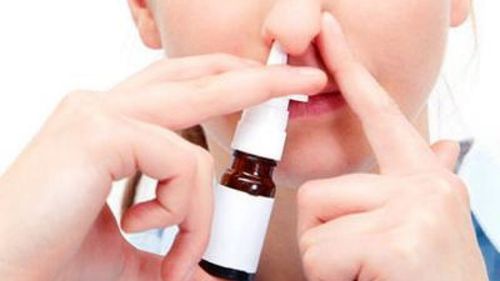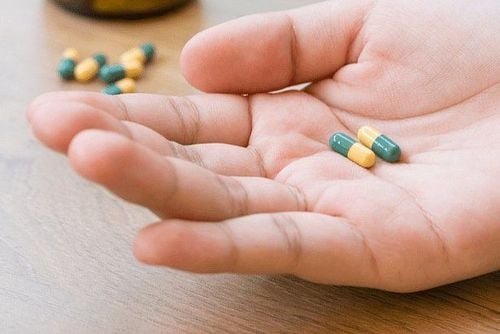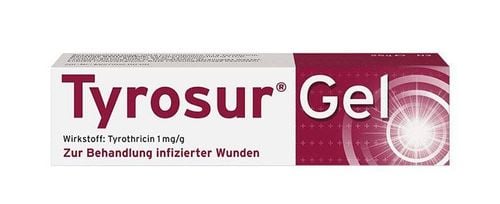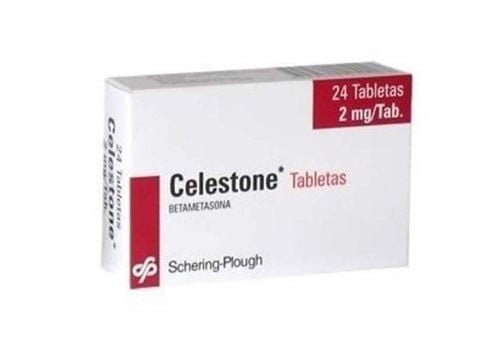This is an automatically translated article.
What is Betasone? Betason drug has active ingredients including Betamethasone and other excipients just enough for 1 tablet, used to treat rheumatoid arthritis, rhinitis,... Refer to the article below to get more useful information about Betason drug. this line of Betason drugs.
1. Indications for taking Betasone
Betamethasone is a synthetic Corticosteroid, has a very strong Glucocorticoid effect and negligible Mineralocorticoid effect. Betamethasone active ingredient has very good effects in anti-inflammatory, anti-allergic and anti-rheumatic. Because of its low mineralocorticoid effect, Betamethasone is very suitable for use in disease cases when water retention is detrimental. When used in high doses Betamethasone will have an immunosuppressive effect.
Betasone drug is indicated for use in the following cases:
Rheumatoid arthritis Acute Rheumatoid Asthma Allergic Rhinitis Lesions Patients need to adhere to using the drug in accordance with the indications for use and function for specific subjects. It can be listed on the Betasone package insert or your doctor's prescription.
Betasone should not be used in the following cases:
Systemic fungal infections. Hypersensitivity to Betamethasone or to any of the excipients.
2. Dosage and how to take Betasone
Betasone is indicated for oral use. Dosage of the drug is listed in the leaflet or the patient can refer to the following dosage:
Initial dose: 0.25 - 8 mg Betamethasone/day depending on the disease. Children: usual dose 17.5 - 250mcg/kg/day. Rheumatoid arthritis & other lesions: usual dose 1 - 2.5 mg/day, maintenance dose from 0.5 - 1.5 mg/day. Acute rheumatism: dose from 6-8 mg/day, then reduce to 0.25 - 0.5 mg/day. The maintenance dose is continued for 4-8 weeks. Treatment of Asthma: dose 3.5 - 4 mg/day orally for 1-2 days. Then reduce the dose to 0.25 - 0.5 mg, taken every other day until the maintenance dose is reached. Treatment of emphysema-pulmonary fibrosis; dose 2 - 3.5 mg/day, taken several times. Maintenance dose from 1 to 2.5 mg/day. Treatment of allergic rhinitis: 1.5-2.5 mg/day, taking several times, then gradually reducing the dose by 0.5 mg/day until symptoms recur.
3. What side effects does Betasone cause when used?
During the use of Betasone, patients may experience some side effects such as:
Fluid & electrolyte disturbances Muscle weakness Gastro-duodenal ulcers Skin diseases Slow wound healing Convulsions Menstrual disorders Common Unwanted side effects Unwanted effects will go away when the drug is stopped. If the patient experiences rare side effects that are not mentioned in the instruction sheet. Tell your healthcare provider right away if you suspect any side effects of Betasone.
4. Precautions when using Betasone drug
Before using Betasone for treatment, it is necessary to note some of the following contents:
Use caution in patients with: Non-specific ulcerative colitis, Herpes infection, gastric ulcer, appendicitis, moderate through bowel bypass surgery, kidney failure, liver failure, high blood pressure, osteoporosis, severe myasthenia gravis, no vaccine. Use with caution in the elderly, children under 15 years of age, people who are sensitive or allergic to any of the ingredients in the drug... Consider and consult your doctor or pharmacist before taking this medicine for you. pregnant mother. Because, even tested drugs still have risks when used. Mothers need to carefully weigh the benefits and risks for mother and baby. Do not arbitrarily use Betasone without carefully reading the instructions for use and instructions of the doctor to protect the mother and baby.
Please dial HOTLINE for more information or register for an appointment HERE. Download MyVinmec app to make appointments faster and to manage your bookings easily.













